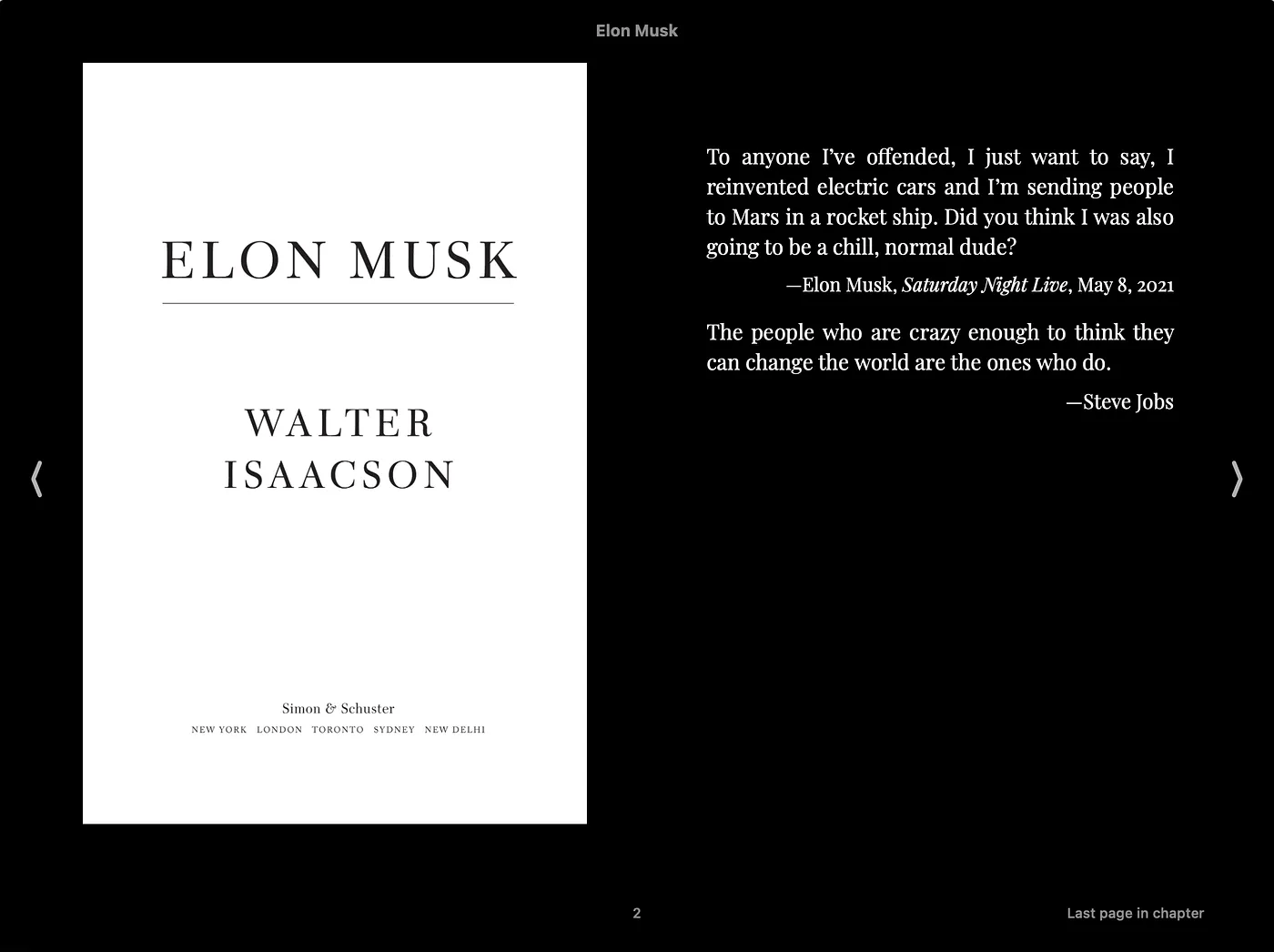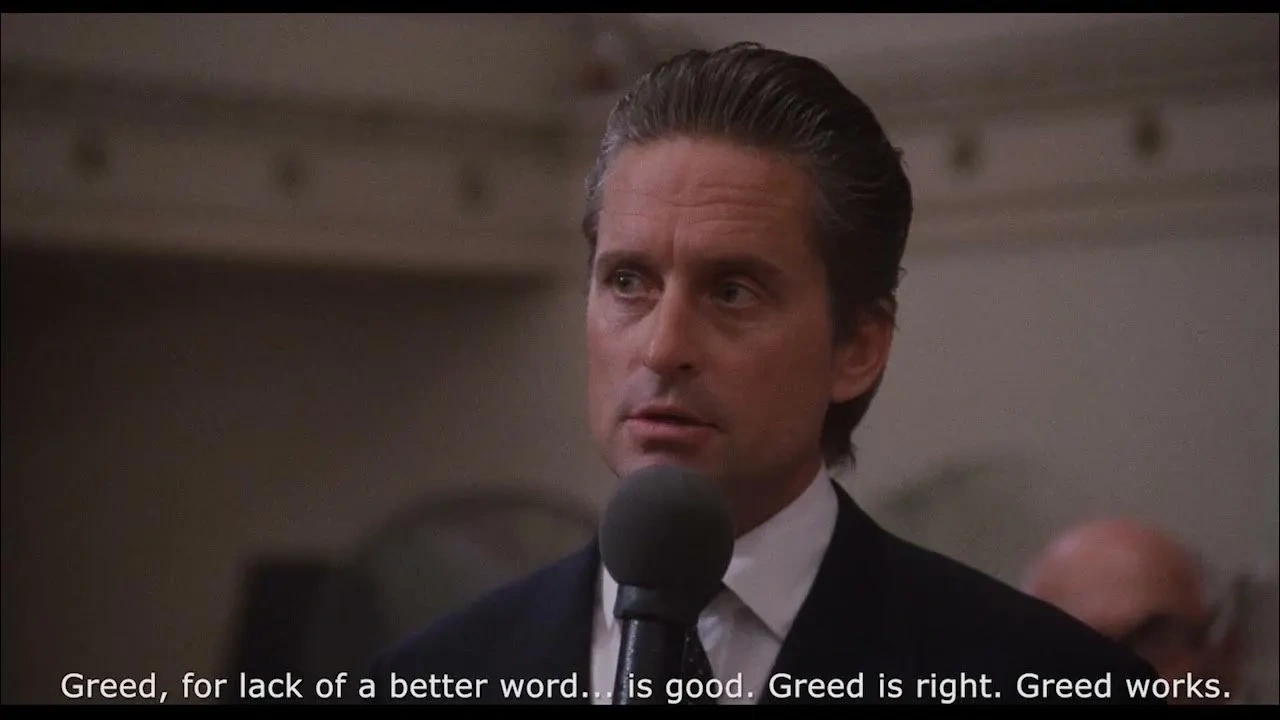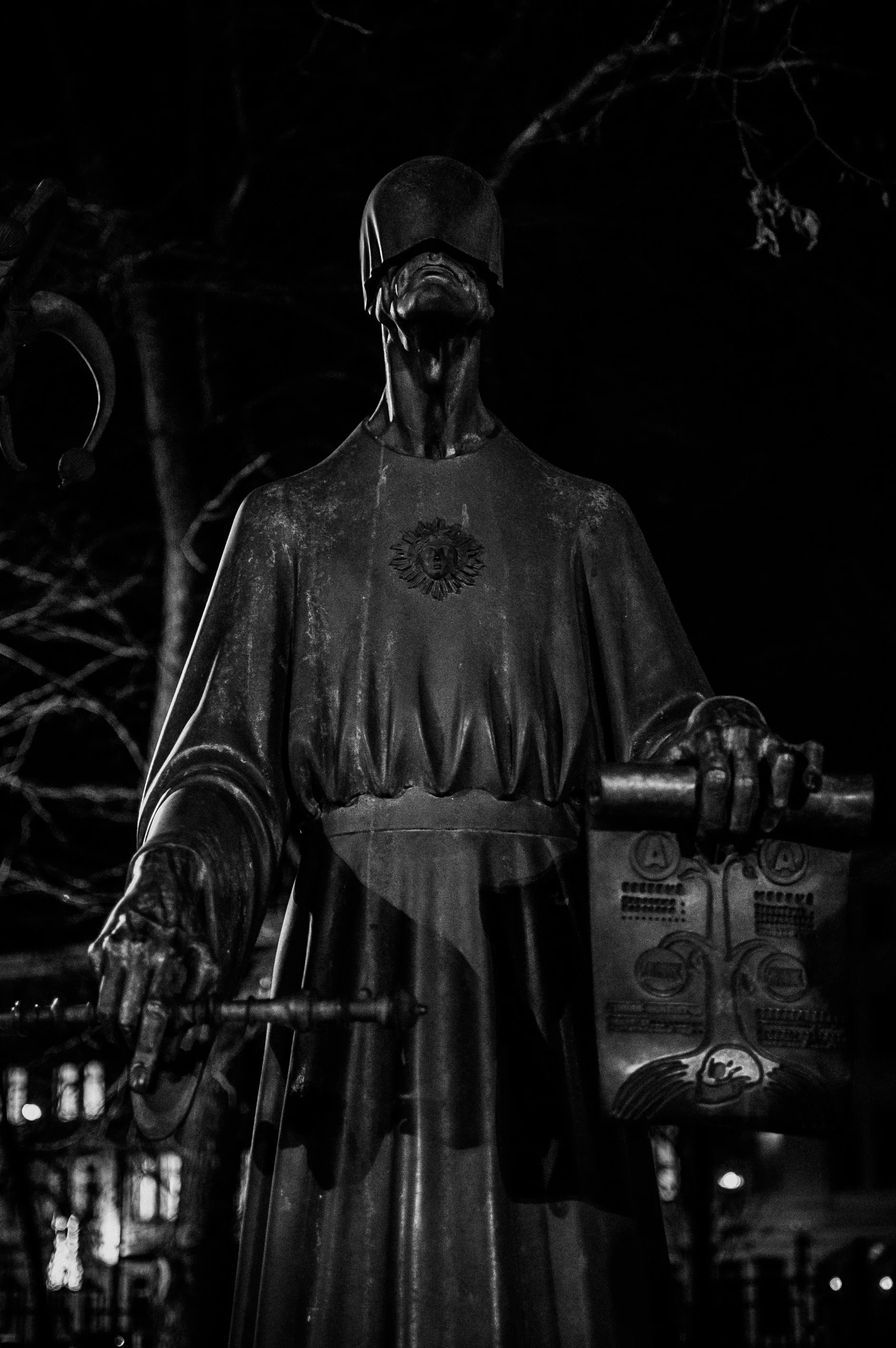I was raised Catholic (still Catholic and will remain so forever), and we heard about the Beatitudes daily at mass, at catechism, everywhere. But here’s something interesting: Jesus wasn’t exactly a humble man, for lack of a better word. Remember when he was at the Cana wedding and his mother asked him to help with the wine situation? His first response was essentially “Woman, what does this have to do with me?” Or when he was asleep while his ship was about to capsize, and when the disciples woke him in terror, he basically said, “Why are you afraid, you of little faith?” before calming the storm. Even the son of God displayed supreme confidence bordering on arrogance.
Let me give you more examples. When Jesus was twelve years old, he stayed behind in Jerusalem without telling his parents. When they finally found him in the temple after three days of frantic searching, his response wasn’t an apology. Instead, he said, “Why were you searching for me? Didn’t you know I had to be in my Father’s house?” That’s not humility talking. That’s a twelve-year-old telling his worried parents they should have known better.
Or consider when he cleansed the temple, flipping tables and driving out the money changers with a whip. He didn’t politely ask them to leave. He didn’t form a committee to discuss temple reform. He took direct, forceful action because he believed he had the authority to do so. When challenged by the religious leaders about his authority, he didn’t back down. He answered their question with another question, essentially saying, “I don’t need to explain myself to you.”
Even in his teachings, Jesus displayed remarkable self-assurance. He didn’t say, “I think maybe you should love your enemies.” He commanded it. He didn’t suggest that he might be the way, the truth, and the life. He declared it. When people called him “good teacher,” he responded, “Why do you call me good? No one is good except God alone.” This wasn’t false modesty. He was essentially asking, “Do you realize who you’re talking to?”
The point is, even within religious tradition, we see that supreme confidence, what some might call arrogance, isn’t incompatible with greatness. In fact, it might be essential to it. Jesus knew who he was and what he came to do, and he didn’t let social niceties or false humility get in the way.
This brings us to a fundamental truth that society struggles to accept: arrogance and greed are not vices, but the most powerful forces driving human achievement and progress. Throughout history, the greatest innovations, empires, and fortunes were built not by the meek, but by those who dared to believe they were superior and wanted everything. The meek might inherit the earth, as the Beatitudes say, but the arrogant and greedy shape it first.
Embracing Arrogance as a Catalyst for Excellence
Arrogance is not a flaw but a strategic advantage that inflates ambition and persistence. Psychological models suggest that excessive self-confidence often generates a self-fulfilling prophecy by boosting morale and resolve. When you believe deeply in your superiority, you act differently. You take on challenges others avoid. You persist when others quit. You demand more from yourself and those around you. This creates a feedback loop where confidence breeds success, which reinforces confidence, which breeds more success.
Displays of arrogance in competitive contexts enhance perceptions of status and leadership potential, enabling individuals to seize commanding roles rapidly. People are drawn to certainty, especially in uncertain times. The arrogant leader who declares “Follow me, I know the way” attracts followers more readily than the humble one who says “Let’s figure this out together.” In boardrooms, battlefields, and marketplaces, the person who projects supreme confidence often wins simply because others believe they will.
Entrepreneurs in particular thrive on overconfidence, routinely betting their reputations and resources on ventures that would intimidate more cautious minds. Every successful startup begins with someone saying “I can do this better than anyone else.” This isn’t rational. Most startups fail. The odds are terrible. Yet the entrepreneur’s arrogance blinds them to statistics and probability. They see only possibility and destiny. And sometimes, against all odds, they’re right.

Steve Jobs exemplified this perfectly when he declared, “I’m convinced that about half of what separates successful entrepreneurs from the non-successful ones is pure perseverance.” His legendary arrogance drove Apple to revolutionize multiple industries. He didn’t ask focus groups what they wanted; he told the world what it needed. When engineers said something couldn’t be done, Jobs simply replied “Make it happen.” When the board fired him from his own company, he didn’t accept defeat. He started NeXT, bought Pixar, and eventually returned to Apple stronger than ever. His arrogance wasn’t a personality quirk; it was his superpower.
Napoleon Bonaparte understood this power when he said, “Great ambition is the passion of a great character. Those endowed with it may perform very good or very bad acts. All depends on the principles which direct them.” His supreme confidence led him to conquer most of Europe and reshape the continent’s political landscape. At the Battle of Austerlitz, outnumbered and supposedly outmatched, Napoleon’s unwavering belief in his own genius led to one of history’s most decisive victories. He didn’t hope for success; he expected it. He didn’t pray for luck; he created it through force of will.
The key insight is that arrogance isn’t mere bravado or empty boasting. True arrogance is a deeply held belief in one’s exceptionalism that manifests in extraordinary effort and results. The arrogant person doesn’t just talk about being the best; they work relentlessly to prove it. They set impossible standards and then meet them. They make outrageous promises and then deliver. This creates a virtuous cycle where arrogance drives achievement, which justifies further arrogance, which drives greater achievement.
In fields ranging from science to sports to business, the most transformative figures have invariably been those who believed they were destined for greatness. Einstein didn’t humbly suggest that maybe physics needed revision; he declared that he had discovered the fundamental nature of reality. Muhammad Ali didn’t hope to be a good boxer; he proclaimed himself “The Greatest” and then proved it. These weren’t modest people with reasonable goals. They were supremely arrogant individuals who reshaped their fields through sheer force of personality and will.
Steve Jobs exemplified this perfectly when he declared, “I’m convinced that about half of what separates successful entrepreneurs from the non-successful ones is pure perseverance.” His legendary arrogance drove Apple to revolutionize multiple industries. He didn’t ask focus groups what they wanted; he told the world what it needed.
Napoleon Bonaparte understood this power when he said, “Great ambition is the passion of a great character. Those endowed with it may perform very good or very bad acts. All depends on the principles which direct them.” His supreme confidence led him to conquer most of Europe and reshape the continent’s political landscape.
The Strategic Power of Greed
Greed streamlines decision-making by orienting every action toward maximal gain, cutting through distractions and doubts. When you know exactly what you want, more of everything, decisions become simple. Should you expand into this market? Yes, if it increases profits. Should you acquire that company? Yes, if it adds value. Should you develop this technology? Yes, if it gives you an edge. The greedy person doesn’t waste time agonizing over choices. They evaluate everything through one lens: does this bring me more of what I want?
From an evolutionary perspective, the relentless pursuit of resources heightens survival odds when competitors hesitate. Think about early humans competing for food, shelter, and mates. Those who grabbed more resources when they could survived harsh winters, droughts, and famines. Those who hesitated, who felt satisfied with “enough,” often didn’t make it through tough times. Our ancestors weren’t the ones who said “I have enough berries for today.” They were the ones who said “I’ll take all the berries I can carry and figure out how to preserve the rest.” Evolution rewarded the greedy, and we are their descendants.
In modern markets, historically taboo greed now underpins economic growth and innovation as firms and individuals chase ever-greater rewards. Silicon Valley wasn’t built by people who wanted modest returns. It was built by entrepreneurs who wanted to become billionaires, who wanted to dominate entire industries, who wanted their names on buildings and their companies to reshape society. The venture capital system itself is pure greed institutionalized. Investors aren’t looking for 10% returns. They want 100x, 1000x returns. This greed drives them to fund moonshot projects that traditional, more conservative investors would never touch.
When harnessed correctly, greed channels individual desire into large-scale wealth creation that benefits stockholders and investors. Consider the pharmaceutical industry. Yes, drug companies want massive profits. But that greed drives them to invest billions in R&D, leading to breakthrough treatments that save millions of lives. The profit motive, pure greed, has done more to advance medical science than any charity or government program. When Pfizer developed its COVID vaccine in record time, it wasn’t out of altruism. It was because they saw a massive market opportunity. Their greed benefited humanity.
The beauty of greed is its simplicity and universality. Unlike complex moral systems that vary across cultures and change over time, greed is constant and it’s a renewable resource. Everyone understands wanting more (Oliver Twist!). Every society throughout history has had ambitious individuals pursuing wealth and power. Greed transcends race, religion, and nationality. It’s the one motivation that truly unites humanity, driving progress across all domains of human endeavor.
Historical and Modern Champions of Audacity
Napoleon Bonaparte encapsulated arrogance in the pithy maxim “Impossible is a word to be found only in the dictionary of fools.” This contempt for limits drove him from Corsica to conquer most of Europe within a decade. Think about that for a moment. Here was a man of average height (5"6 or so), from a relatively poor noble family on a backwater island, who decided he would rule France and then most of the continent. Any reasonable person would have called him delusional. But Napoleon wasn’t reasonable. He was arrogant, and that arrogance fueled his meteoric rise from artillery officer to emperor. When other generals retreated, Napoleon advanced. When advisors counseled caution, he chose audacity. His supreme confidence became a magnet that drew thousands of men to follow him across Europe.
In our own era, Steve Jobs rallied a generation of innovators with “Stay hungry, stay foolish,” urging relentless pursuit of big, disruptive ideas without fear of failure. Jobs saw hunger and folly as complementary to unabashed ambition, forging Apple into the world’s most valuable company within two decades. The man was famously difficult to work with, prone to tantrums, and absolutely convinced he knew better than everyone else about what customers wanted. He didn’t conduct focus groups or market research. He simply declared what the future would be and then made it happen. When he returned to Apple in 1997, the company was 90 days from bankruptcy. His response? He canceled 70% of their products, focused on a handful of items, and told his team they were going to revolutionize multiple industries. That’s not humility or careful planning. That’s pure, unadulterated arrogance. And it worked spectacularly.
Both men shared a common trait: they believed their vision was more important than conventional wisdom, expert opinion, or established limitations. Napoleon didn’t see the Alps as an insurmountable barrier; he saw them as a dramatic backdrop for his legend. Jobs didn’t see the personal computer as a niche product for hobbyists; he saw it as a tool that would transform civilization. Their arrogance wasn’t a bug in their personality; it was the feature that made their achievements possible.
Case Study: Gordon Gekko’s Iconic Manifesto
Below is the full text of Gordon Gekko’s Teldar Paper speech from the movie: Wall Street (1987), which remains the definitive declaration that unchecked greed can save corporations and nations alike:
“Well, I appreciate the opportunity you’re giving me, Mr. Cromwell, as the single largest shareholder in Teldar Paper, to speak.
Well, ladies and gentlemen, we’re not here to indulge in fantasy, but in political and economic reality. America has become a second-rate power. Its trade deficit and its fiscal deficit are at nightmare proportions. Now, in the days of the free market, when our country was a top industrial power, there was accountability to the stockholder. The Carnegies, the Mellons, the men that built this great industrial empire, made sure of it because it was their money at stake. Today, management has no stake in the company!

All together, these men sitting up here own less than 3 percent of the company. And where does Mr. Cromwell put his million-dollar salary? Not in Teldar stock; he owns less than 1 percent.
You own the company. That’s right--you, the stockholder.
And you are all being royally screwed over by these bureaucrats, with their steak lunches, their hunting and fishing trips, their corporate jets and golden parachutes.
Cromwell: This is an outrage! You’re out of line, Gekko!
Gekko: Teldar Paper, Mr. Cromwell, Teldar Paper has 33 different vice presidents, each earning over 200 thousand dollars a year. Now, I have spent the last two months analyzing what all these guys do, and I still can’t figure it out. One thing I do know is that our paper company lost 110 million dollars last year, and I’ll bet that half of that was spent in all the paperwork going back and forth between all these vice presidents.
The new law of evolution in corporate America seems to be survival of the unfittest. Well, in my book you either do it right or you get eliminated.
In the last seven deals that I’ve been involved with, there were 2.5 million stockholders who have made a pretax profit of 12 billion dollars. Thank you.
I am not a destroyer of companies. I am a liberator of them!
The point is, ladies and gentlemen, that greed--for lack of a better word--is good.
Greed is right.
Greed works.
Greed clarifies, cuts through, and captures the essence of the evolutionary spirit.
Greed, in all of its forms--greed for life, for money, for love, knowledge-- has marked the upward surge of mankind.
And greed--you mark my words--will not only save Teldar Paper, but that other malfunctioning corporation called the USA.
Thank you very much.”
Conclusion: Unapologetic Ambition
In an arena where hesitation spells defeat, arrogance and greed are not vices but necessary catalysts for greatness. By dismissing doubt and embracing insatiable desire, bold actors--corporate raiders, visionary entrepreneurs, empire builders--have repeatedly rewritten history’s trajectory. The time has come to cast aside moral qualms, seize unbridled confidence and acquisitiveness, and stake everything on the conviction that more is always possible.
Arrogance and greed aren’t character flaws; they’re evolutionary advantages. They drive us to achieve what others deem impossible. They force us to create value where none existed before. They push humanity forward by refusing to accept the status quo.
In Gekko’s words: “Greed, in all of its forms, greed for life, for money, for love, knowledge, has marked the upward surge of mankind. And greed, you mark my words, will not only save Teldar Paper, but that other malfunctioning corporation called the USA.”
Embrace your arrogance. Cultivate your greed. The world doesn’t need more humble people with modest ambitions. It needs more people who believe they’re exceptional and want everything. Because those are the people who will create everything.
The Virtues of Arrogance and Greed: Engines of Progress
I was raised Catholic still Catholic and will remain so forever, and we heard about the Beatitudes daily at mass, at catechism, everywhere. But here’s...

Also published on:
Medium


